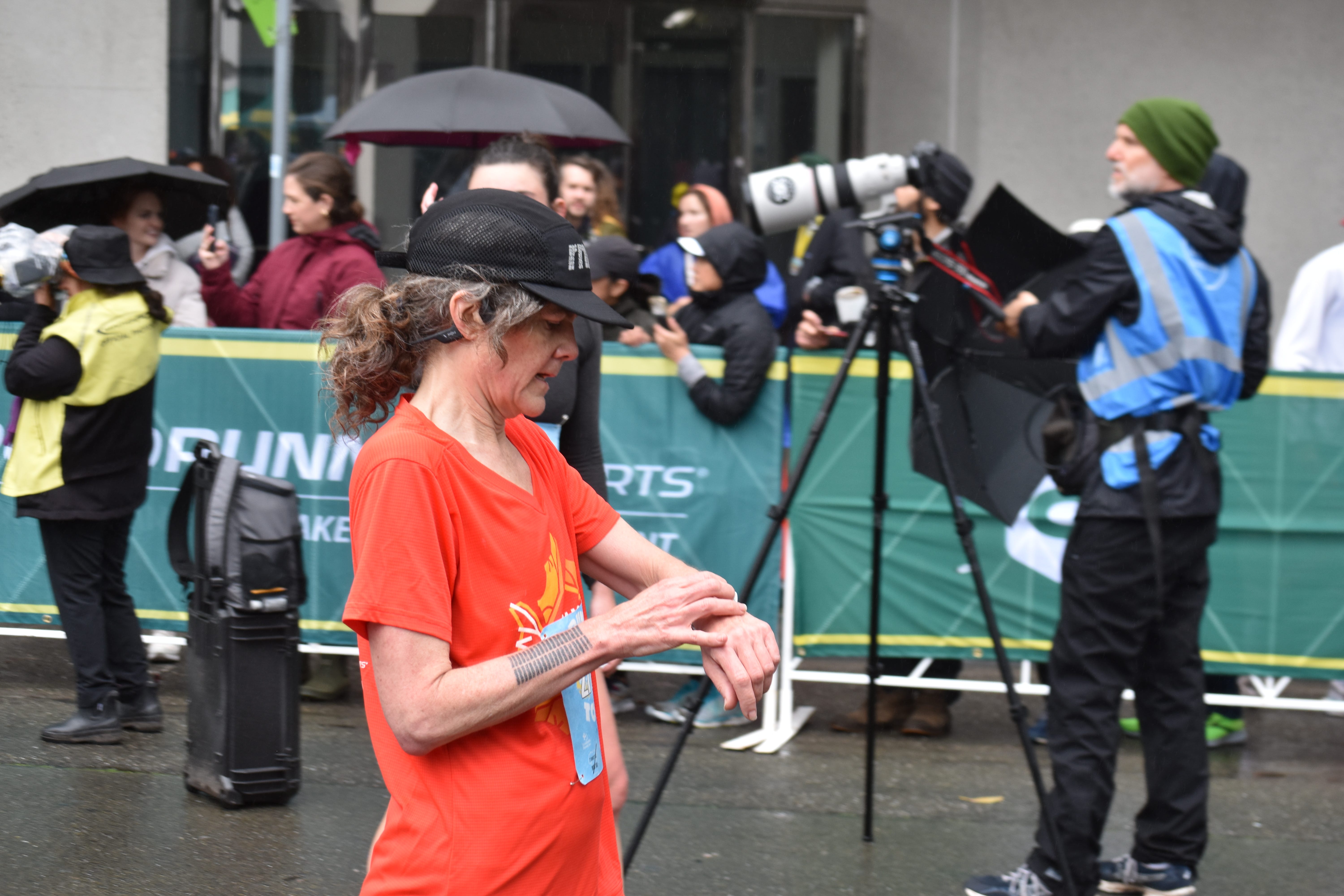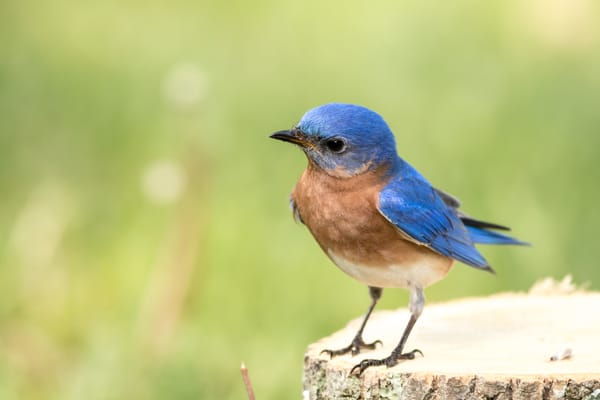What's Good
This week's stories about the future of food and fitness tech
I'm very glad that I decided to do a "soft launch" of Second Breakfast rather than announcing this project widely from the get-go. It's giving me an opportunity, particularly through the gathering of links for this weekly Friday newsletter, to get a sense of the ways in which the stories about the future of food and fitness technologies are being shaped in the media and by industry (and, of course, by "influencers" and journalists and other writers/storytellers in the space).
The role of storytelling is top-of-mind for many reasons this week, what with the twentieth anniversary of the war in Iraq — the crafting of narratives by various forces in and outside of the US government about the necessity of the invasion. And then there's the recent collapse of Silicon Valley Bank — the stories that were shared among venture capitalists and certain portfolio companies that they should get their money out post-haste, prompting a good old-fashioned run-on-the-bank. In the wellness industry, the big story lately involves the diet drug Ozempic — speculation about which celebrities are using it, consternation that these stories feed into much larger narratives about body shaming and anti-fat bias. Gwyneth Paltrow was back in the news this week too, endorsing not just intermittent fasting and an incredibly low daily food intake — something that, to many experts, seemed an expression of disordered eating — but rectal ozone therapy and IV vitamin drips.
We tell ourselves stories in order to live...We look for the sermon in the suicide, for the social or moral lesson in the murder of five. We interpret what we see, select the most workable of the multiple choices. We live entirely, especially if we are writers, by the imposition of a narrative line upon disparate images, by the "ideas" with which we have learned to freeze the shifting phantasmagoria which is our actual experience. — Joan Didion
The power of narrative isn't simply reflected in those stories with big headlines or those that receive front-page news coverage. And that power is not there solely in the overt message that these stories further, intentionally or unintentionally. Sometimes you have to squint a bit to even see the thru-lines of the story. Indeed, one of the ways in which I was able to write my infamous "Year in Review" series on Hack Education was by making a quick note on what might seem like the most innocuous or inconsequential news item and then, going back later and seeing how a bunch of these little straws were, indeed, designed to break the proverbial camel’s back — or the back of the teachers' union or the public university, at least; that's how I reckon many in the (education-)technology sector were hoping the story would play out.
I have no desire to revisit my role as "Cassandra" here; that said, as a writer and a critic and someone who spends a lot of time squinting at stories, I'm likely to end up there sooner or later.
For now, I'm still rather new to this new topic here at Second Breakfast — the future of food and fitness technology. There's no way I could predict the future, as I'm not ready to even identify trends, other than the ones that the media and industry light up with neon flashing lights. I once wrote that "the best way to predict the future is to issue a press release," and so I've been trying to tune in to more press releases, to more legislative and regulatory gesturing, and of course to the op-ed pages of newspapers — you know, the folks who insisted that in forty years time, there would be ten universities left in the world or some such garbage.
Take The Wall Street Journal, for example. It recently published an article admonishing people for complaining that eggs had become too expensive, suggesting that folks just skip breakfast if they wanted to save money. Yet it also published a couple of features this week about breakfast joints in Ivy League towns — clearly some people can afford breakfast, eh — as well as a deep-dive into what is really in a "full English breakfast." These sorts of stories about breakfast are fairly commonplace; and that the media narrative about breakfast tends to invoke handwringing and rage-clicking shouldn’t come as a surprise. Breakfast is arguably the meal around which we seem to summon the most outrage and moralism — the whole "millennials can't afford to buy a house because they eat too much avocado toast" sort of thing, sure, but also, going back much farther, the prescriptions of John Harvey Kellogg and Charles William Post and the whole breakfast cereal sanitarium phenom.
What should we eat for health and well-being? This week: lentils, says The Washington Post. But not collagen — it's linked to the deforestation of the Brazilian rainforest. What about lab-grown meat? The FDA has approved Good Meat's lab-grown chicken, so that’s something to look forward to fretting about. Then there’s Little Caesar's Corncob Crust Pizza. Yes, I think we need to count pizza as a breakfast food if only to note how some folks tsk-tsk pizza-for-breakfast eaters. And then there’s the scourge of breakfast-for-dinner: The Daily Mail says that Pepsi and Post are making sleep-aid cereals, so you can start your day with a bowl of sugary grains and end your day with a bowl of sugary grains with melatonin.
Elsewhere: Orlando Bloom is now a wellness influencer. Top Chef is an "industrial complex." "Albertsons launches Sincerely Health, mobile app for health and wellness goals," and this expansion of the grocery store into retail health care is certainly a trend to watch. Top Chef and Orlando Bloom, not so much. Algorithmic discrimination in food, fitness, and health tech too: "Denied by AI: How Medicare Advantage plans use algorithms to cut off care for seniors in need." And then the news everyone was waiting for: an obligatory photo of me at the finish line of my race, pausing my Garmin watch before stuffing a donut in my face (no photo of that) — ah, fitness and food technology technology. You’re going to be a lot of fun to dismantle.

Yours in struggle,
~Audrey





